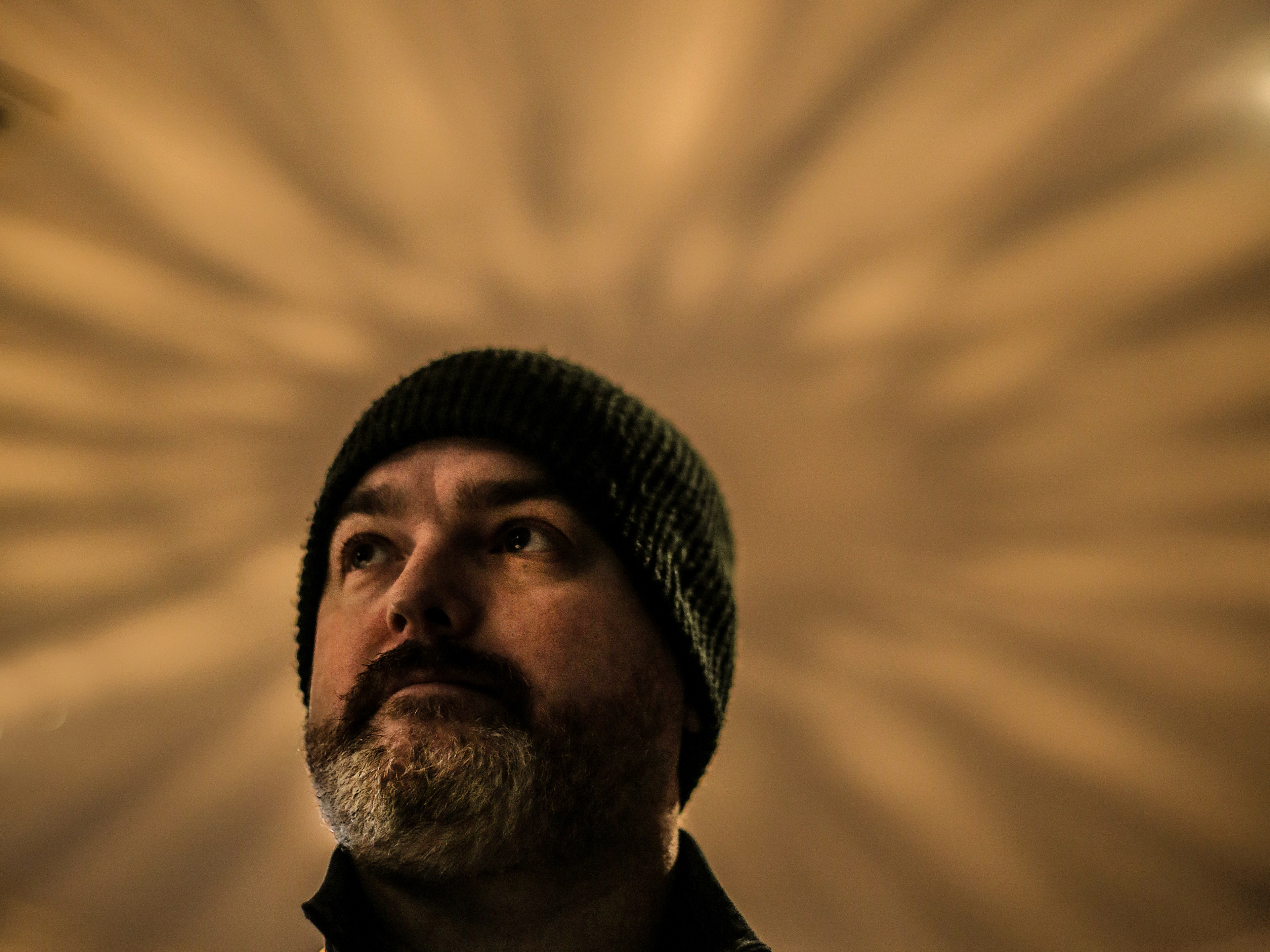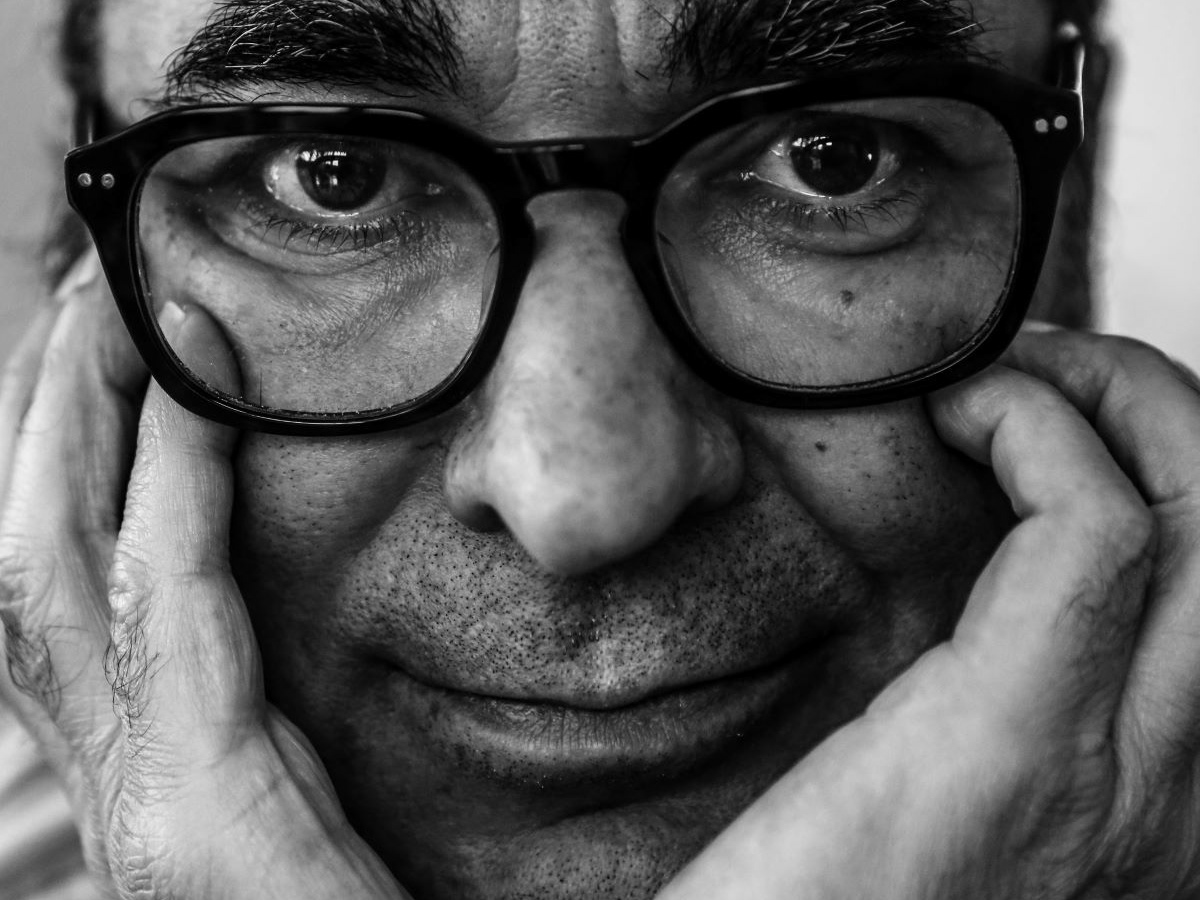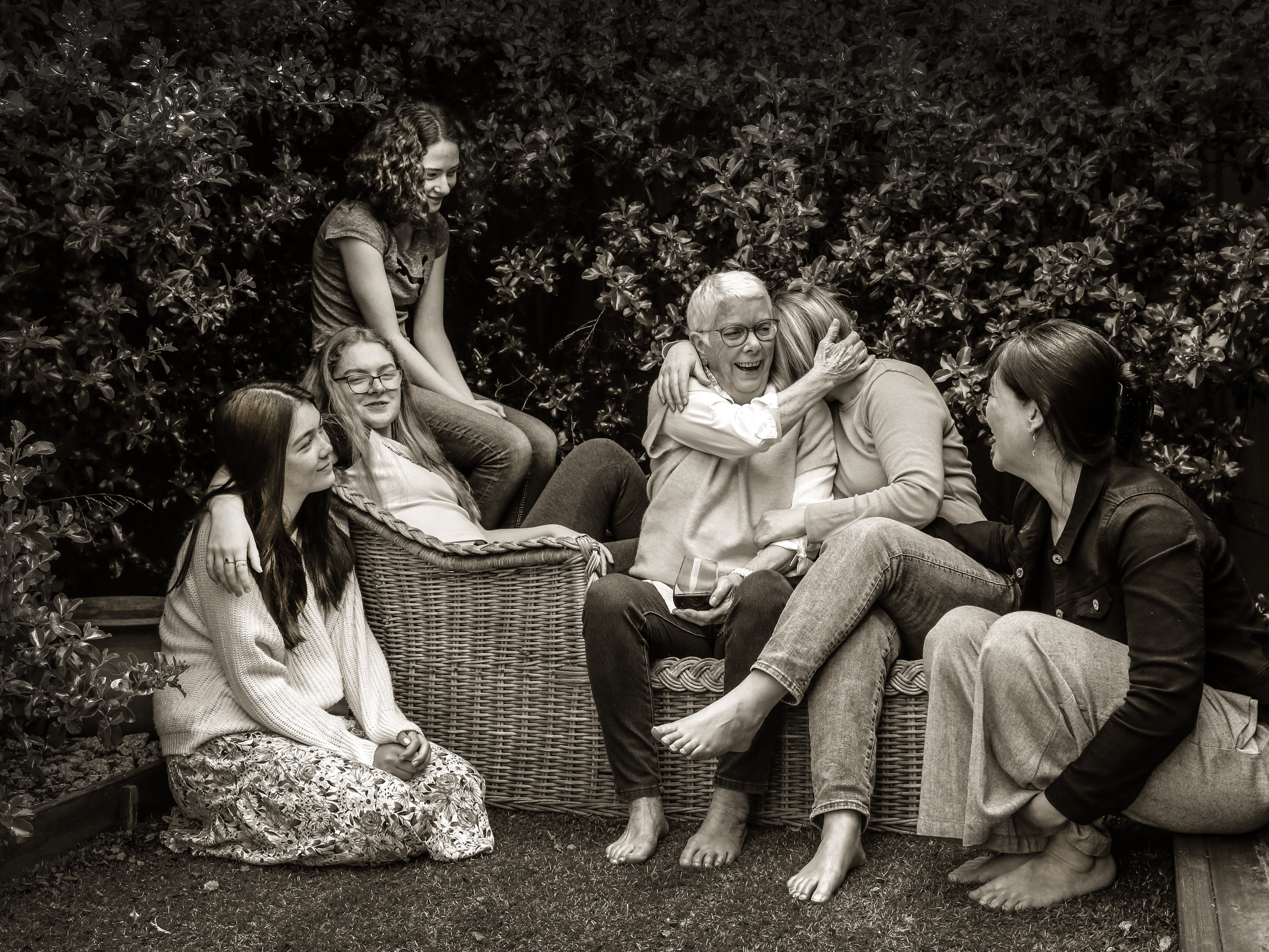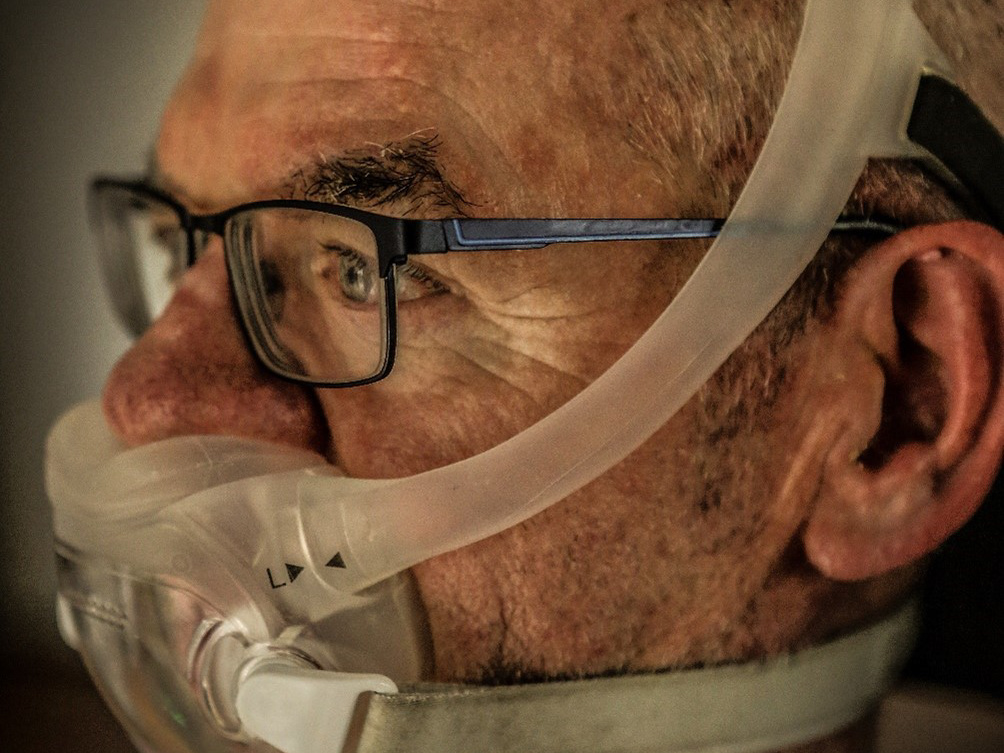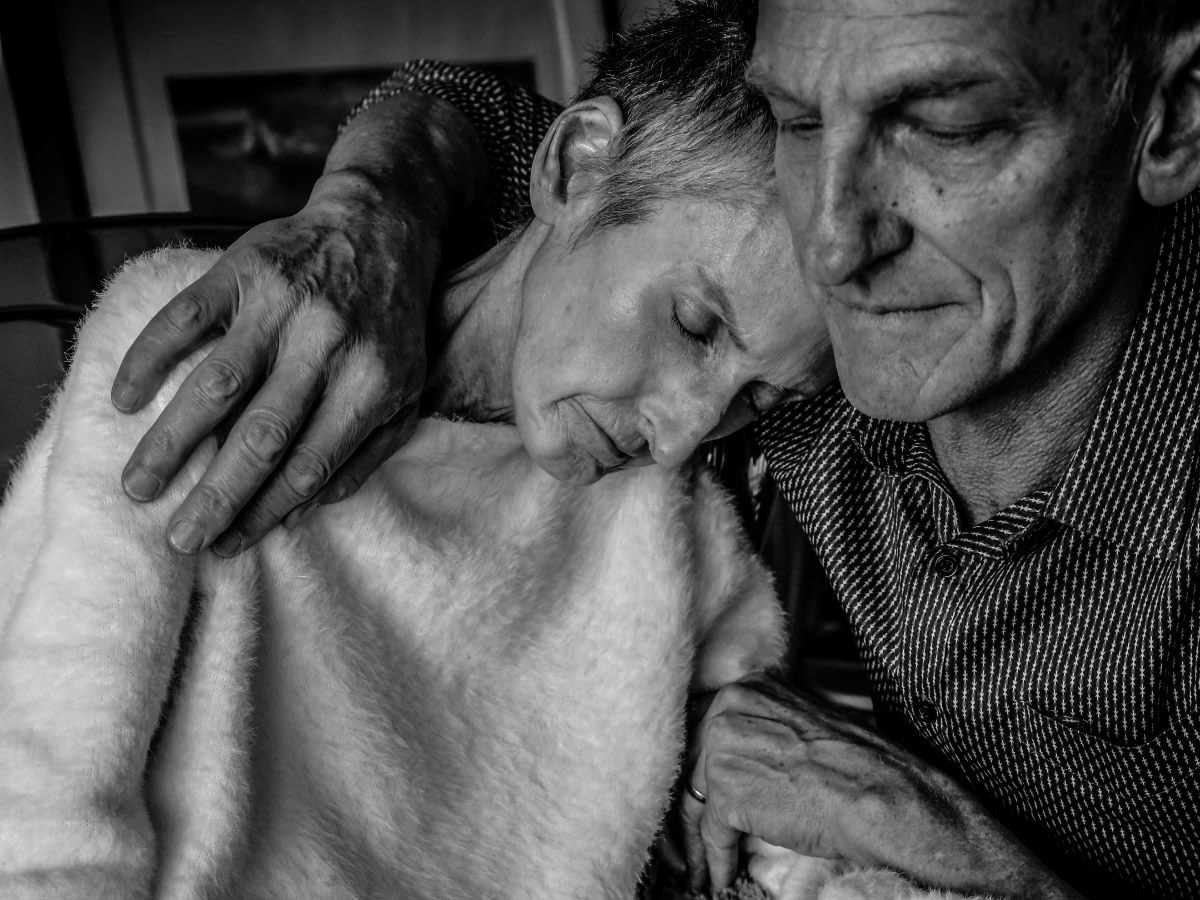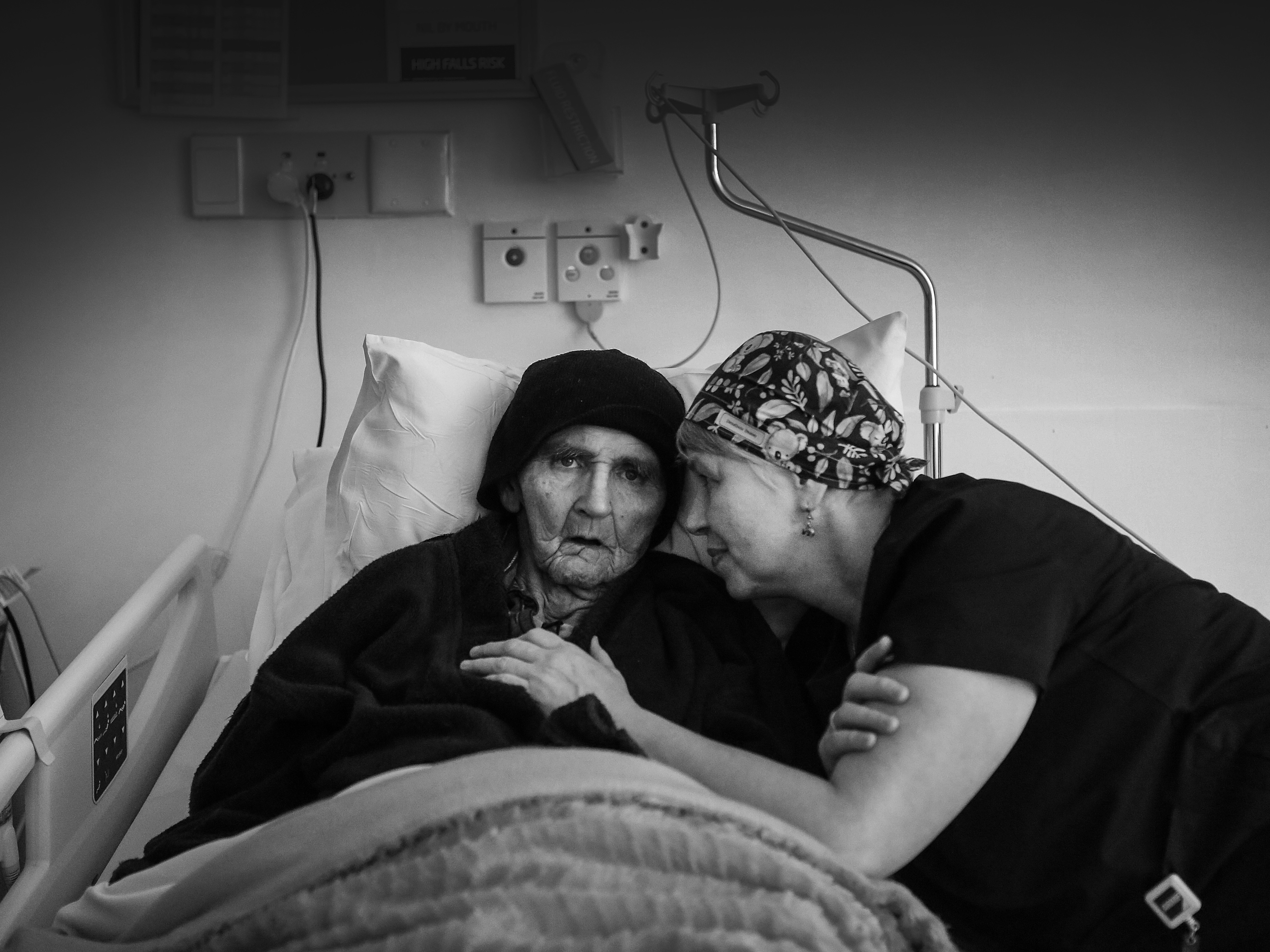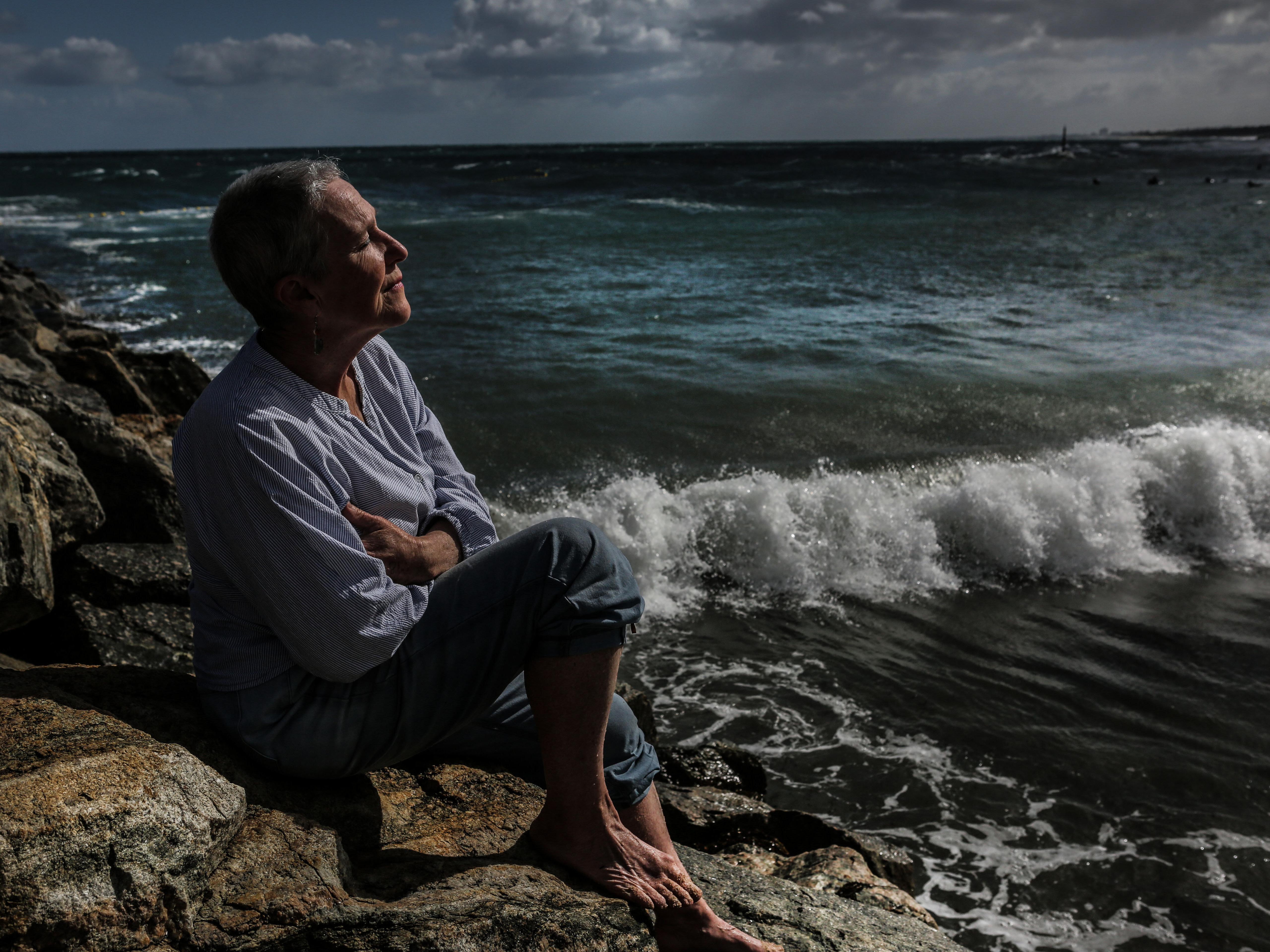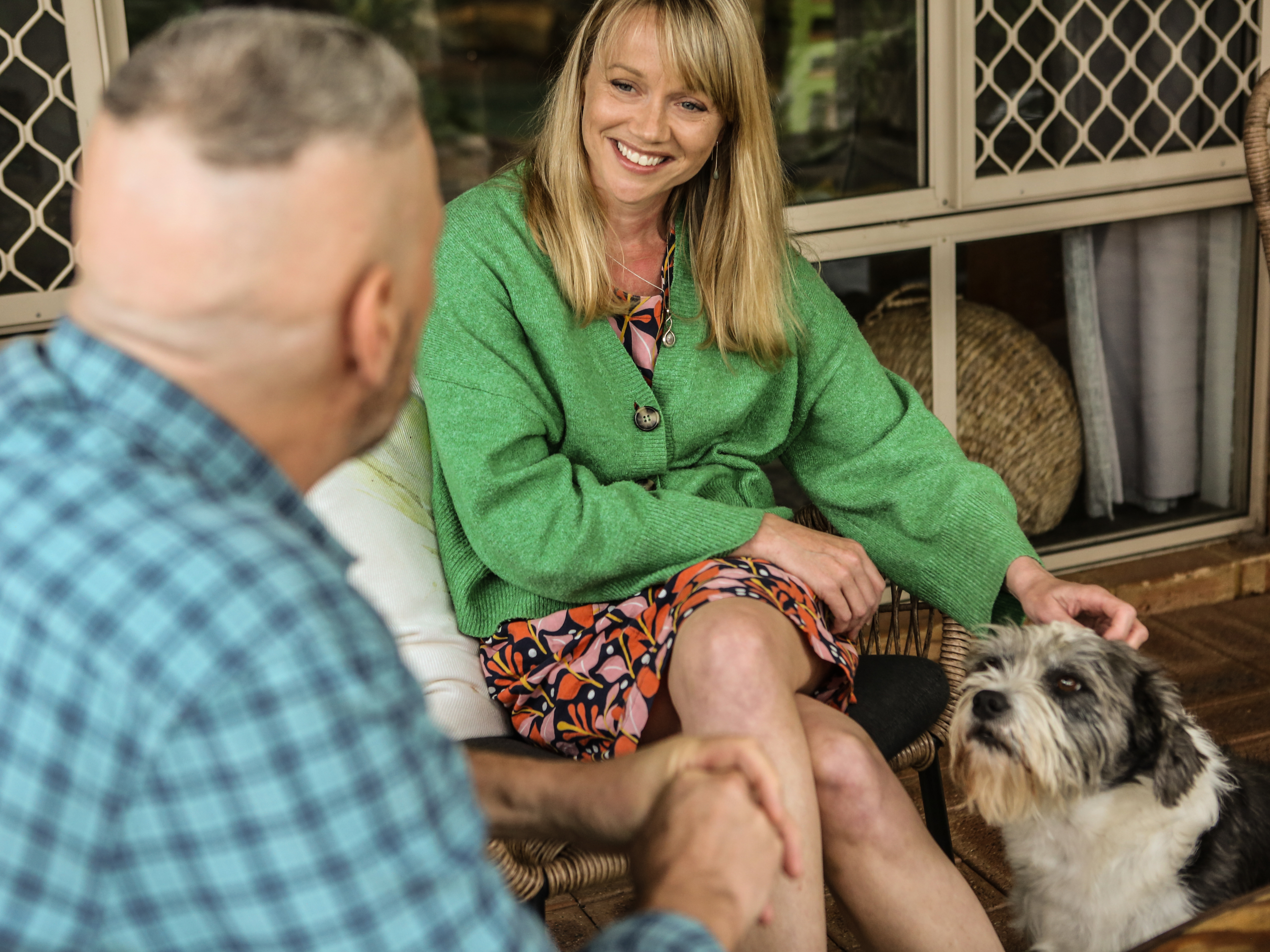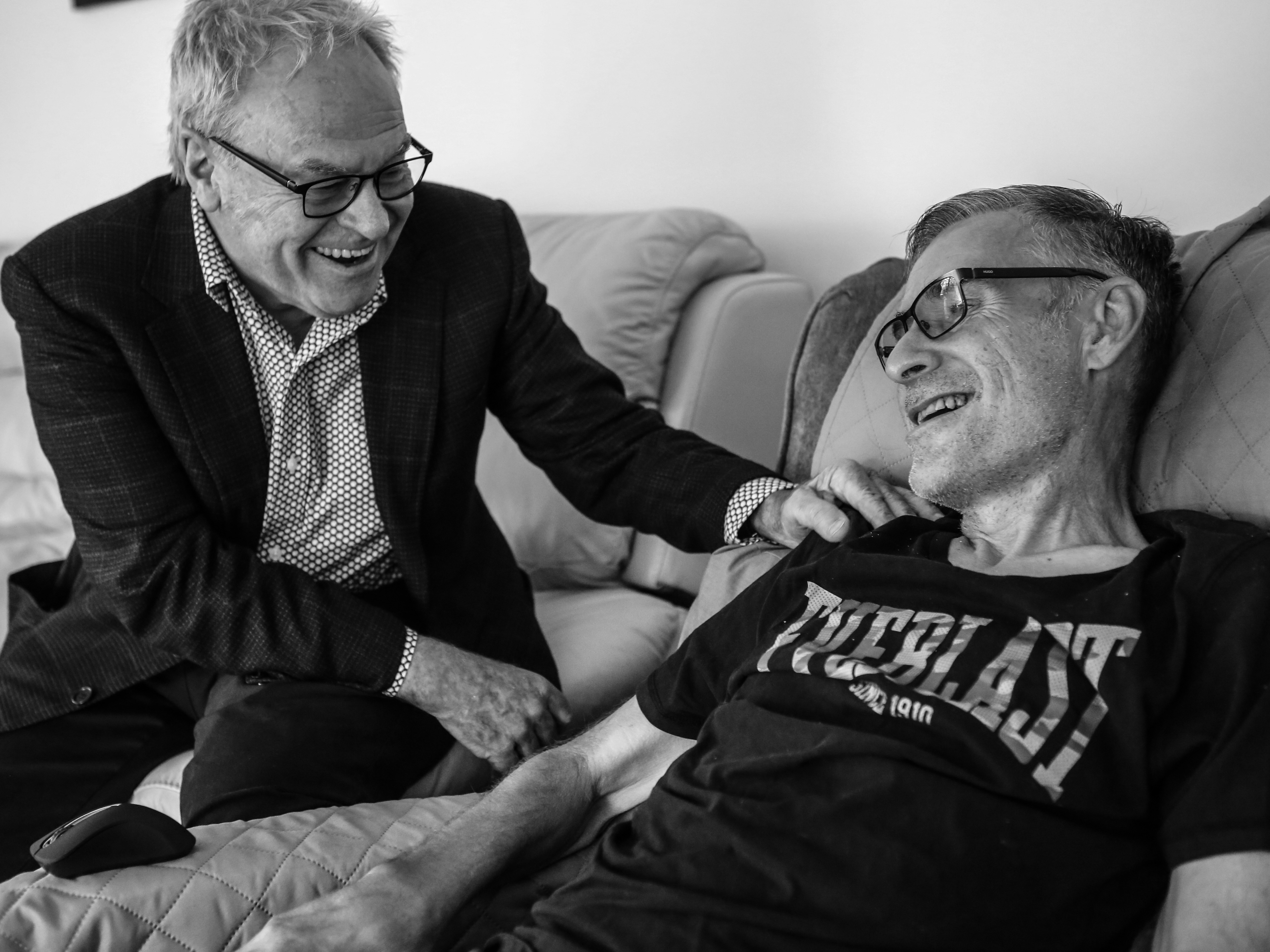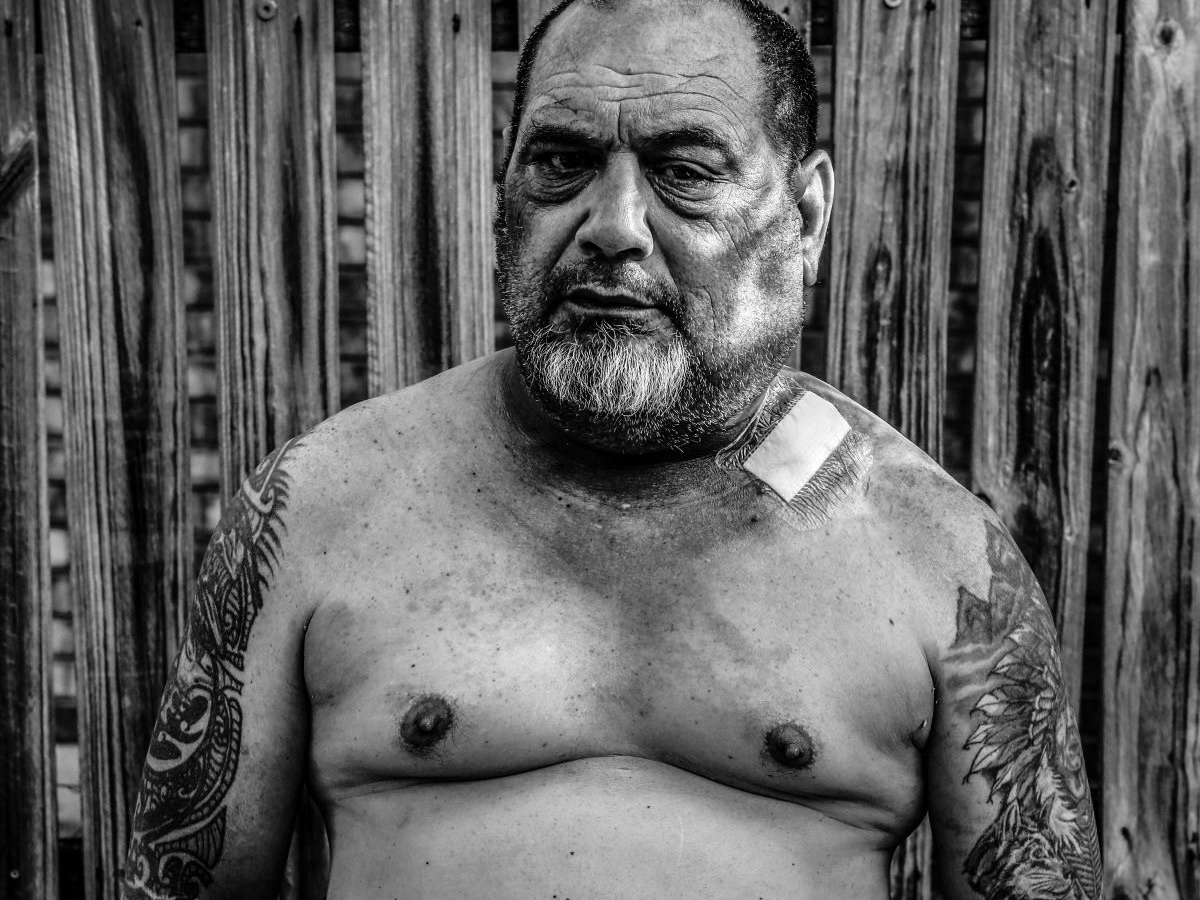Barry Walton knows exactly where he will be when he dies. “At home on my veranda,
in the sunshine, looking at the peppermint trees.”
in the sunshine, looking at the peppermint trees.”
His cancer has spread from his bowel to his lungs, kidneys, liver, spleen. "Everywhere, except my brain," he said.
"I don't want to die, for sure, but at least I have the choice now to die in a way that before I never thought I'd be lucky enough to have."
Prior to the passing of VAD laws, opponents claimed VAD would lead to an erosion of trust between doctors and patients. The reverse has proven to be true.
Barry was adamant that when his time came his VAD coordinating doctor Sandra Rennie would be with him. “She’s my angel of mercy, a wonderful person.”
An emergency physician who has been involved in more than a dozen VAD cases, Dr Rennie said the bond that develops between physician and patient was different from other areas of medicine.
“This work makes you really connect on a human level,” she said. The work is unpaid and carried out after hours and on weekends.
She described VAD as her "love job".
It’s a privilege. I get paid well in my other work so for me it doesn’t matter.”
When Barry, a poet, insisted she be compensated for her time and skills, she relented and said he could pay her with verse. Her photograph now sits on his mantlepiece, alongside his children’s.
Barry said: “She really is an angel. She’s taken away my fear. What she does is just as important as saving lives.”

